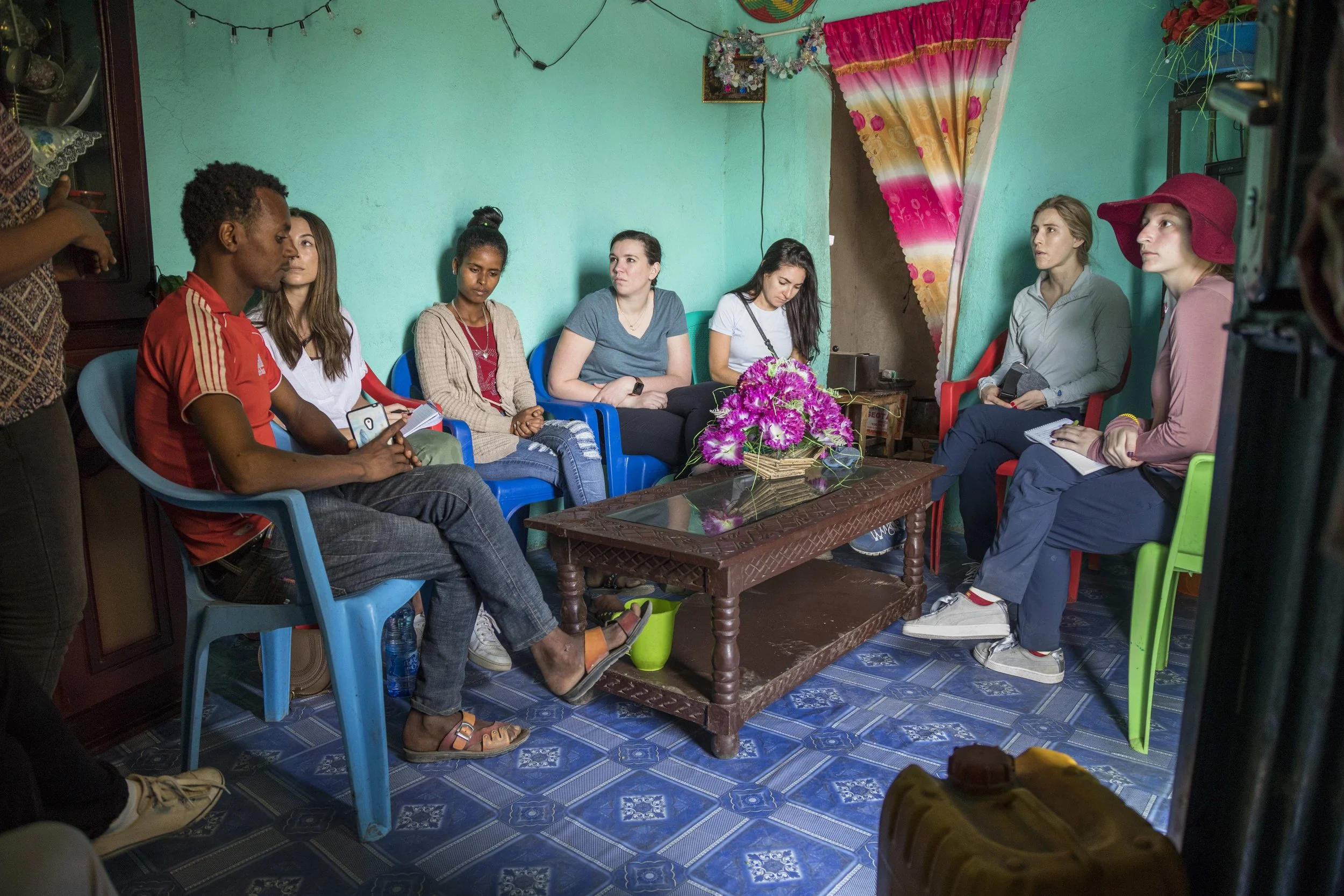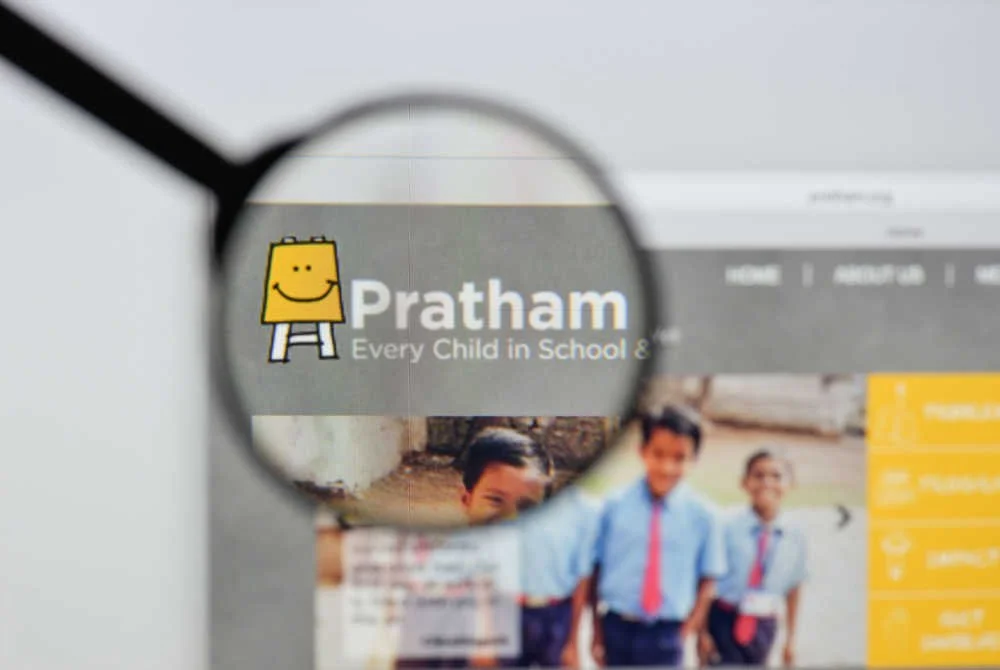Keep It Cold: New Funding Flows to Ensure a Vital Link in the Delivery of Vaccines
/Vaccines are such a potent force in global health that it can be easy to overlook their success. For example, from 2000 to 2015, the measles vaccine alone saved an estimated 17 million lives according to the World Health Organization (WHO).
But while vaccines are powerful, their reach is anything but comprehensive. The WHO warns that the world is not on track to meet vaccination targets, and in 2015, one in five children still failed to receive routine immunizations.
Here's another startling fact: Seventy percent of the world’s unvaccinated children live in just 10 countries. What’s more, 52 percent of those kids live in just three countries: India, Nigeria, and the Democratic Republic of Congo.
Countries with low vaccine rates face numerous challenges in the race to improve their immunization numbers, including weak healthcare systems, failing or non-existent infrastructure, and broken links in the critical cold chain. The cold chain is a temperature-controlled supply chain of uninterrupted refrigeration that is integral to successful vaccine delivery. Ensuring an unbroken cold chain becomes moot if a vaccine's final destination has spotty electricity, which is not uncommon, especially in rural health clinics.
Another complication to this already pressing global health challenge is that when the power goes out for an extended period of time—think overnight outages when personnel are absent—the vaccines that require refrigeration are ruined. Which is where Nexleaf Analytics comes in.
Nexleaf Analytics is a tech-driven nonprofit that works to “build, scale, and support wireless sensor devices and data analytics tools that improve global public health and the environment.” The group’s remote temperature monitoring device ColdTrace, has some key global health funders buzzing.
Google.org is giving a $2 million Global Impact award to Nexleaf to install ColdTrace sensors in clinics in developing countries. According to the foundation, "These sensors automatically alert health officials when extreme temperatures threaten vaccines so that immediate actions can be taken to keep medications safe." In turn, the data gathered from this effort will help health officials in least-developed countries make evidence-based decisions about the purchase and maintenance of vaccine refrigerators.
The Bill and Melinda Gates Foundation is matching Google.org's $2 million commitment.
ColdTrace was specifically designed with rural health clinics and facilities in mind. The small, customizable machine collects data and provides analytics and report-generating tools. It’s installed inside refrigerators and tracks temperatures, providing real-time info on power availability. Should temperatures become dangerously high or low, the system sends a text message directly to a designated healthcare worker, who can hopefully get to the facility and save the vaccines.
Google.org’s grant to Nexleaf tracks with its other giving. The foundation often backs tech-heavy projects aligned with its mission of innovative approaches to some of the world’s most pressing global health and development challenges.
Related: In Google.org’s Grantmaking, Plenty of Surprises
Of course, the Gates Foundation is also keen on tech solutions to global problems and no funder has devoted more resources to vaccines. It’s also worth mentioning that Gavi, the Vaccine Alliance, is another one of Nexleaf’s partners. Gavi was established in 1999 with a $750 million grant from the Gates Foundation. To date, Gates has supported the vaccine organization with more than $4 billion in funding and remains a key partner in Gavi’s mission to save children’s lives and protect people’s health by “increasing the equitable use of vaccines in lower-income countries.”
Over the past few years, Nexleaf has attracted an impressive number of other partners, including the World Bank, VillageReach, PATH, Medic Mobile, and the Mulago Foundation. The organization has come a long way since the original ColdTrace model was named the first place winner in the Vodafone Americas Foundation’s Wireless Innovation Project in 2013. That $300,000 grant enabled the company to partner with large vaccine and vaccine delivery organizations, expand to international markets, and reach rural healthcare facilities.
Related: This Funder Looks to Mobile Technology to Solve Global Problems. Who’s it Backing?
Nexleaf isn’t stopping at vaccines, either. Its plan moving forward is expanding to other sectors involving temperature-sensitive medical products and supplies. It even has plans to reach agricultural markets in developing countries focusing on helping smallholder farmers keep crops at appropriate temperatures to decrease post-harvest food loss. This growth is likely to be supported by Nexleaf’s existing partners like the Gates and Mulago foundations, which are both keen on improving global health and lifting smallholder farmers out of poverty.





























